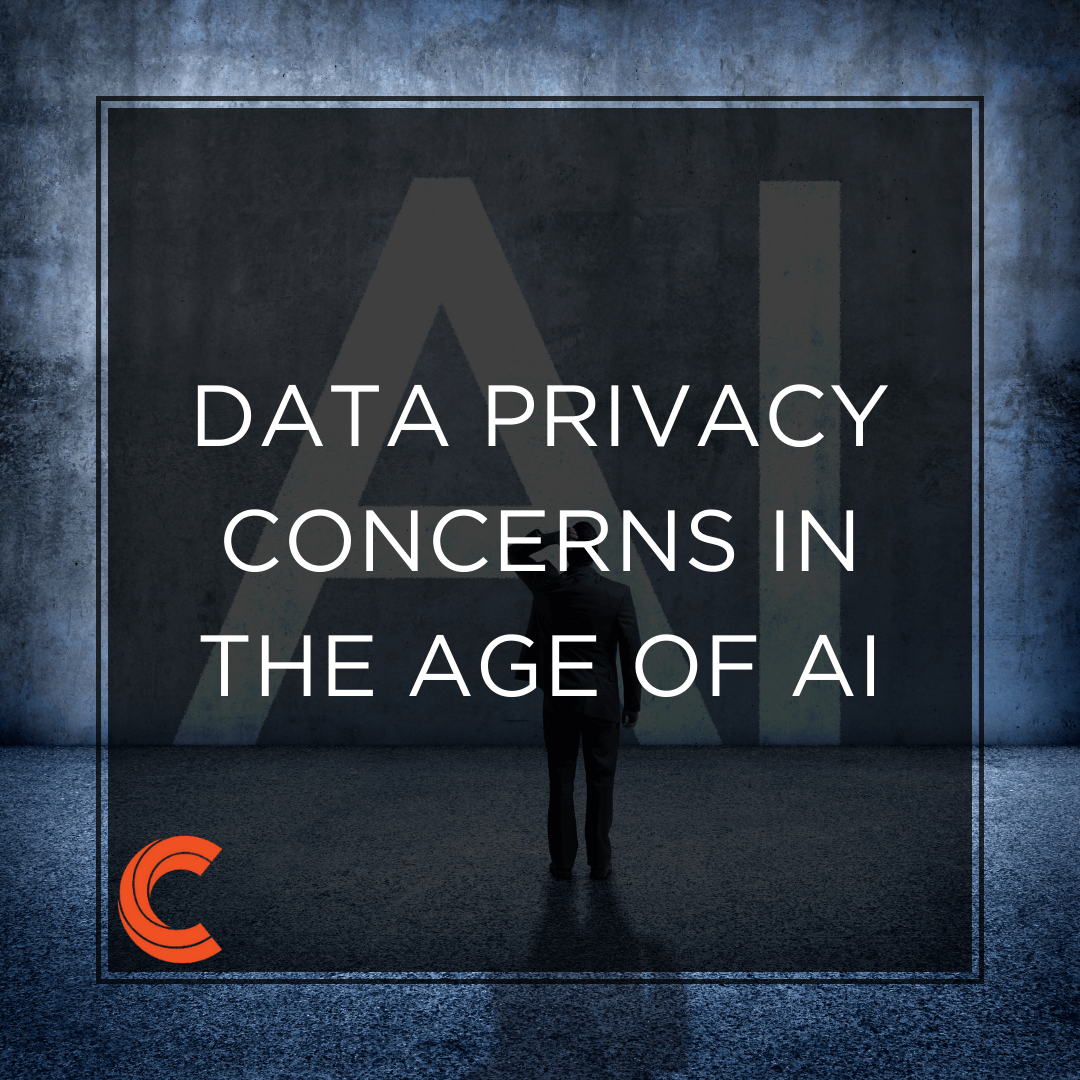The rise of artificial intelligence (AI) has revolutionized the way businesses manage data. AI-powered tools can analyze massive amounts of information quickly, offering valuable insights and driving efficiency. However, with these advancements come significant data privacy concerns. As businesses increasingly rely on AI, they must prioritize data protection to avoid legal pitfalls. This post explores the key data privacy challenges associated with AI and offers guidance on how businesses can safeguard sensitive information.
The Legal Landscape: GDPR, CCPA, and Beyond
One of the most significant challenges for businesses using AI is compliance with data protection laws. The General Data Protection Regulation (GDPR) in Europe and the California Consumer Privacy Act (CCPA) in the United States set strict standards for data handling. These regulations require businesses to obtain explicit consent from individuals before collecting, processing, or sharing their data.
AI systems often process large datasets, making it difficult to ensure compliance with these regulations. For example, AI tools that analyze customer behavior may collect more data than necessary, leading to potential violations of data minimization principles under GDPR. Businesses must ensure that their AI tools are configured to respect these legal requirements.
AI and Data Anonymization
To comply with data protection laws, businesses often use data anonymization techniques. Anonymization removes personal identifiers, making it difficult to trace data back to individuals. However, AI algorithms are becoming increasingly sophisticated, and there is growing concern that anonymized data could be re-identified. This risk highlights the need for businesses to regularly review their anonymization processes and ensure they are robust enough to protect privacy.
Bias and Discrimination in AI
AI systems are only as good as the data they are trained on. If the training data is biased, the AI’s outputs will reflect that bias, leading to discriminatory outcomes. For instance, an AI-powered hiring tool trained on biased data might favor one demographic over another. This not only raises ethical concerns but also exposes businesses to legal risks. Under laws like GDPR, individuals have the right to challenge automated decisions that significantly affect them. Businesses must carefully monitor their AI systems to detect and mitigate any bias.
The Importance of Transparency
Transparency is another critical aspect of data privacy in the age of AI. Businesses must be open about how they use AI to process personal data. This includes providing clear information to customers about what data is collected, how it is used, and with whom it is shared. Lack of transparency can lead to distrust and even legal action. Regulations like GDPR require businesses to maintain records of their data processing activities and to make these records available to regulatory authorities upon request.
Data Security: Protecting Against Breaches
Data security is a top concern when using AI. AI systems are often connected to multiple data sources, increasing the risk of data breaches. Cybercriminals may target these systems to gain access to sensitive information. A data breach involving personal data can have severe consequences, including financial penalties, reputational damage, and loss of customer trust.
Businesses must implement robust security measures to protect their AI systems from cyber threats. This includes encryption, access controls, and regular security audits. Additionally, businesses should have an incident response plan in place to quickly address any data breaches.
Third-Party Vendors: A Hidden Risk
Many businesses use third-party vendors to provide AI solutions. While these vendors offer specialized expertise, they also introduce additional data privacy risks. If a vendor fails to comply with data protection regulations, the business using their services could be held liable.
To mitigate this risk, businesses should conduct thorough due diligence when selecting AI vendors. This includes reviewing their data protection practices, assessing their compliance with relevant laws, and ensuring that data processing agreements are in place. Regular audits of third-party vendors can also help identify and address potential risks.
How Carbon Law Group Can Help
Navigating the complex legal landscape of data privacy and AI can be challenging. Carbon Law Group offers expert guidance to help businesses implement AI solutions while ensuring compliance with data protection regulations. Our team can assist with data protection audits, help develop privacy policies, and provide ongoing support to address emerging legal challenges. By partnering with Carbon Law Group, businesses can confidently leverage AI technologies while safeguarding their data.
Conclusion
As AI continues to transform business operations, data privacy must remain a top priority. Businesses that fail to address the legal implications of AI risk facing significant penalties and reputational damage. By understanding the challenges associated with AI and data privacy, businesses can take proactive steps to protect their sensitive information. Carbon Law Group is here to support you in navigating this complex landscape, ensuring that your business remains compliant while harnessing the power of AI.





